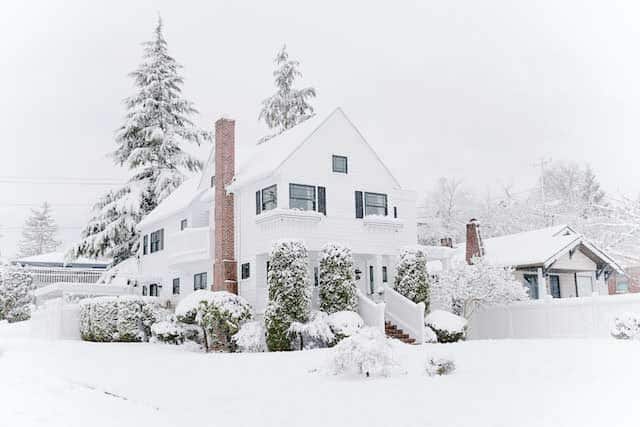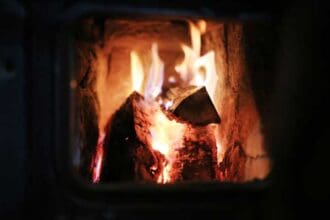There’s no doubt that choosing the right heating system for your home is one of the most important decisions you’ll make as a homeowner.
It’s crucial to choose a system that will not only keep your home warm but also will be efficient and cost-effective. There are various factors that you need to think about. Factors like the size of your home, your budget, fuel type and more must be taken into account. One of the primary considerations in your decision will be choosing between oil heating and gas heating for your furnace, though gas heating is generally preferable. If you want to learn more, keep reading to find out about the differences between oil heating and gas heating.
What are the differences between oil heating and gas heating?

When debating oil heating vs gas heating, you need to know that oil systems tend to be more expensive than those powered by natural gas. Gas-powered furnaces obtain fuel through a supply line, while an oil-fueled system will require monitoring, proper quantity ordering, and refueling. Natural gas is also typically cheaper than buying oil and requires less maintenance over its lifetime. Natural gas even offers greater flexibility in terms of furnace size; while most homes will likely need a small furnace, larger spaces can benefit from larger units if they choose natural gas instead due to the wider range available on the market.
Part of the popularity of gas furnaces is due to the fact that they are more efficient than their oil-based counterparts. Gas furnaces burn cleanly, which means they produce less pollution and waste less fuel than oil furnaces. This is attributed to the advancement in technology based on modulating burners, which burn at the optimum level and adjust fuel levels to respond to changes in demand, maintaining a steady temperature and reducing wastage. If your goal is to produce fewer emissions and lower your carbon footprint, a gas furnace is a sound investment.
No matter what type of furnace you invest in, it will need to be well-maintained if you want it to remain in good working order. With an oil furnace, oil filters need to be changed frequently and dirt buildup will need to be removed. The equipment for your gas furnace is more resistant to dirt and debris. You will need to change your air filter at least once every three months and have it inspected annually to ensure optimal performance.
How else can you keep your home warm?

Now that you know more about the differences between oil and gas heating, let’s discuss some of the other things you can do to ensure your home remains warm all year round. For example, cracks and crevices in your windows and doors could be letting in outdoor air, moisture, and even pests. You should inspect the condition of these features regularly. If you find any flaws or imperfections, they should be sealed immediately with caulk or weatherstripping. If the damage is severe, you may need to talk to a contractor about repair or replacement.
You may want to update your insulation too. Insulation helps keep your home warm by preventing heat from escaping to the outdoors. If your insulation is old, worn out, or inadequate, you may find that your home is difficult to heat, even with the central heating on full blast. Therefore, it’s worth taking the time to update your insulation before the winter season sets in. Not only does proper insulation keep your home protected, but it can save you money. By preventing heat loss, you’ll need to use less energy to maintain your preferred temperature.
As you can see, you need to understand the differences between oil heating and gas heating in order to make an informed decision when it comes to home heating. Ultimately, the best choice depends on factors such as climate, budget, and the size of the home, but most homeowners prefer gas-powered systems. You don’t need to stop there, you can take other steps to support your furnace and keep your home temperate, including sealing air leaks and updating your insulation. If you follow the advice in this article, you’ll be able to ensure your home is cozy, regardless of what the weather is like outside.


















